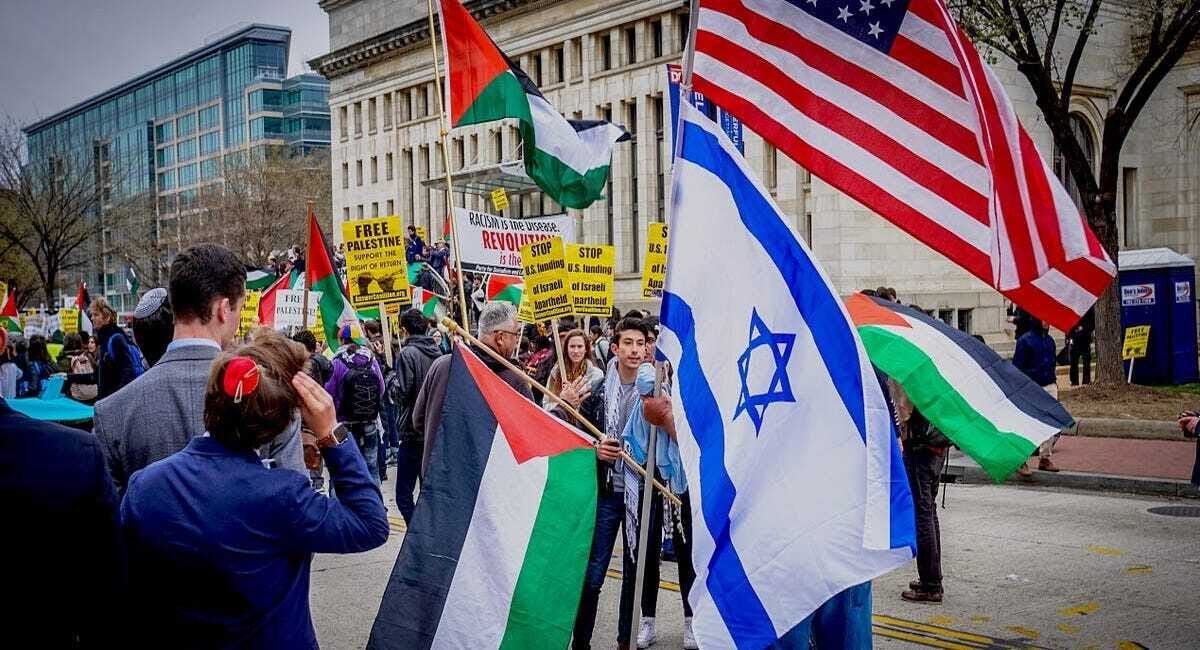OP-ED: Deterrence, not diplomacy, ended the Gaza War
Dotan Rousso writes, "The ceasefire may have stopped the guns, but peace will come only when both sides accept the simple truth that neither is going anywhere."
By Dotan Rousso
In October 2025, after two years of devastating conflict, Israel and Hamas reached a U.S.-mediated ceasefire. The agreement includes the release of the remaining Israeli hostages, the freeing of hundreds of Palestinian prisoners, a partial Israeli withdrawal from Gaza, and an expanded flow of humanitarian aid. While the deal brings long-awaited relief, it does not resolve the deeper political, territorial, or security questions that ignited and prolonged this war.
When Hamas launched its attack on October 7, 2023, it did so with grand ambitions—to shatter Israel’s sense of security, to unite the Arab world under its banner, and to place the Palestinian issue back at the center of global attention. It succeeded in the last of these aims, but at an unbearable cost to its own people and without securing any real strategic achievements. Hamas has lost much of its leadership, most of its infrastructure, and nearly all control over the narrative. Gaza lies in ruins, its people traumatized and displaced, while Hamas’s promise of “liberation” has collapsed under the weight of its own brutality and miscalculation.
Unlike the legacy media, Juno News receives ZERO tax dollars. Support strong, fearless, truly independent media. Become a Juno News subscriber today and save 20% off!
Israel, for its part, emerges battered but victorious. It has restored deterrence in the most painful way imaginable. Hamas’s military capabilities have been decimated, its ability to govern crippled. The war reaffirmed a core truth that the region cannot ignore: Israel can be hurt, but it cannot be defeated. This reality now reverberates across the Middle East, reshaping the calculations of both states and militant groups. For all the criticism Israel faced internationally, its resilience and operational endurance have reestablished the boundaries of what is possible—and what is not—for those who continue to believe in its eradication.
Yet Israel, too, has paid a heavy price. The human toll, the moral strain, and the economic burden are immense. The country has no appetite for another round of war. But deterrence—earned through sacrifice—now stands as the most credible guarantor of stability. It is not in the clauses of the ceasefire agreement that long-term security will be found, but in the unprecedented deterrence this conflict has created. Arab states, and even non-state actors, understand now more clearly than ever that Israel is not a temporary presence in the region.
This recognition could, in time, become the foundation of something more constructive. The dream, nurtured for generations, that “Palestine will be free from the river to the sea,” meaning the elimination of Israel, has proven unattainable. Clinging to it ensures only continued suffering. True leadership—Palestinian, Arab, and Israeli—will require the courage to face this reality honestly and to guide their peoples toward what is achievable rather than what is not.
The path forward lies not in the illusions of total victory but in pragmatic coexistence. It means moving, however slowly, toward a vision of two peoples—Israeli and Palestinian—living side by side in peace and dignity, not one seeking to erase the other. The ceasefire may have stopped the guns, but peace will come only when both sides accept the simple truth that neither is going anywhere.






The war has ended, until the hamas builds it's arsenal up then the next war will begin. Don't think that the Israelis' aren't thinking about this and are already preparing for the next start up of the rocket launching. The war won't end until the so called Palestine entity has been destroyed.
All this is true, logical and sensible. Unfortunately Islamism is not. They will continue their cowardly attacks. In spite of everyone offering them statehood, they don't want it, as that would make them accountable.